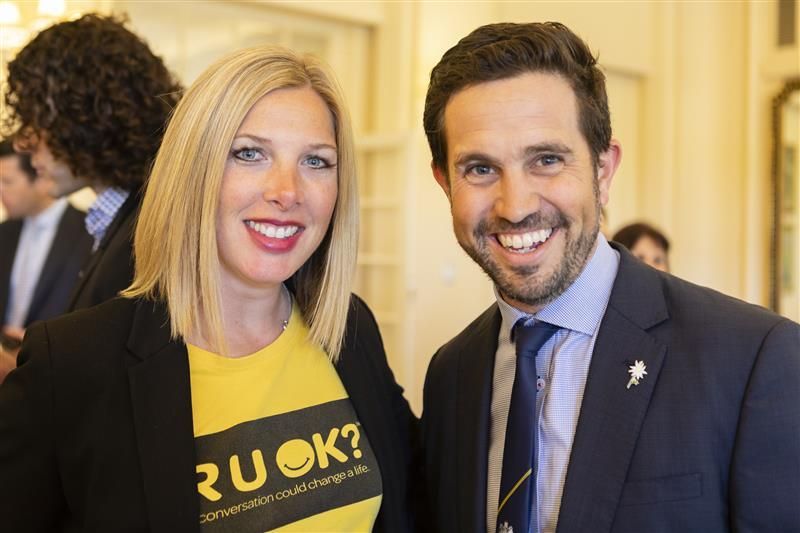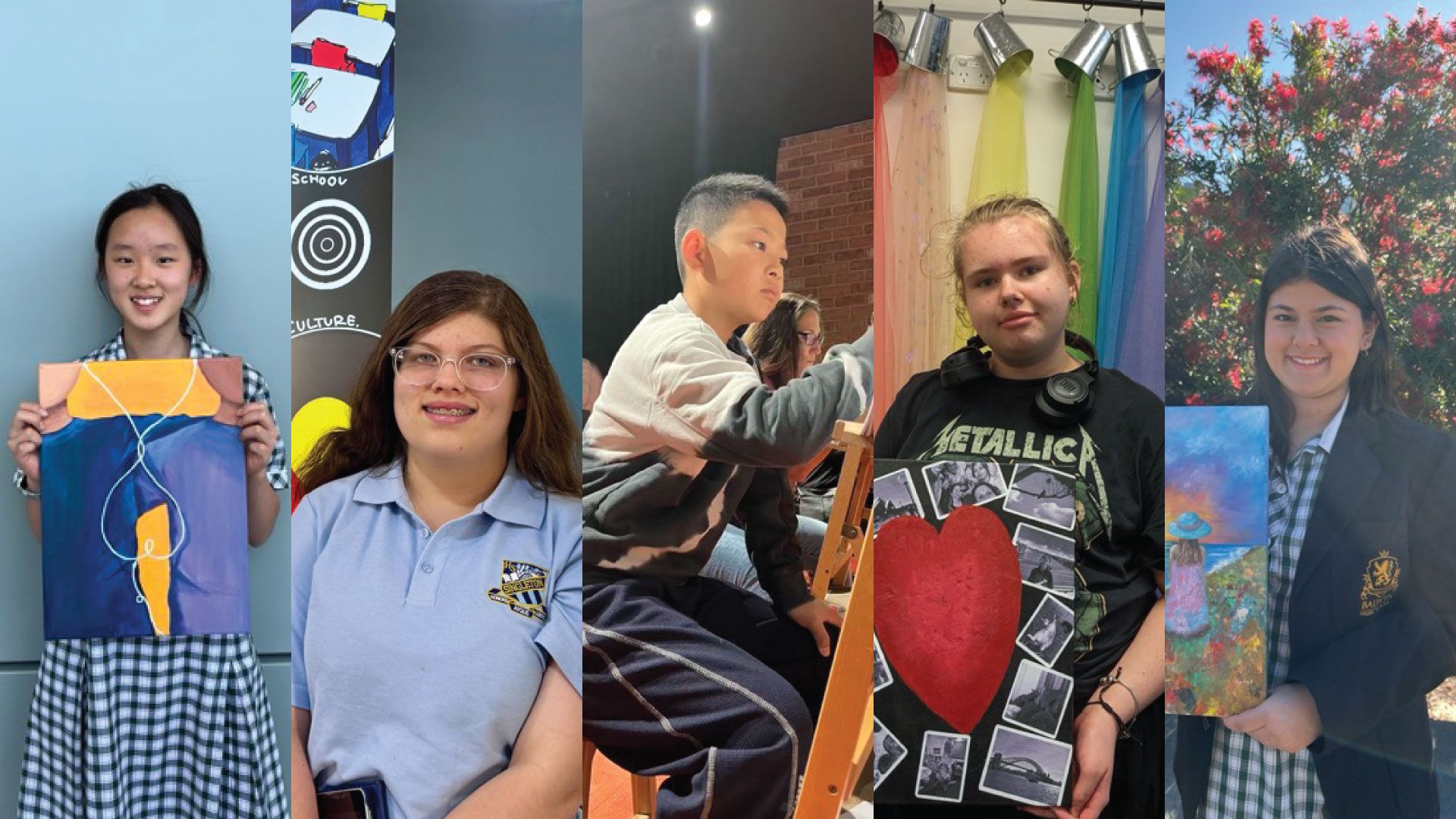The 3 things I need as a high-functioning, over-achieving, extroverted mother with major depression
I needed to write this last week, but I was in a slump, so I didn’t really want to write it. Or anything. Or get out of bed for that matter. But I did all those things because I have to.
If you’ve ever broken a bone, you know when and how it happened. You didn’t have a broken arm, and then you did.
Depression is different. Usually, you have no idea why. One day you feel down, the next it’s worse. Until all you can think about is finding a dark room to hide. But (thankfully?) you can’t because you’re a high-functioning wife, mother, friend, and do-er and there is stuff to do, people who need you.
I have my good days and my bad days. Good days – I know people like hanging out with me, bad days – I feel I have no friends.
My responsibilities are what keep me functioning. When you’re the listener, the organiser, the go-getter, and you are good at putting on a face – or indeed seeing people genuinely lifts your mood – people don’t see it.
When you’re a HFD you continue to kick goals at work, you don’t tell people how you feel, you have a great life (on paper), and you have everything under control.
What people don’t see is the panic attack when you have to change lanes on the Anzac Bridge, the tears that continuously threaten to spill out during every meeting, the utter rejection you feel if you don’t get invited for lunch, the hours you spend Googling ‘peanut butter without peanuts’ so you can find something to give your son to take to school lunch, and the fact you’ve been counting the days that have passed since someone ask you how you were going, meant it, and listened to your answer.
Sometimes I wish I had a physical ‘something’ to overcome instead of this hidden, mental stuff. It would be obvious to me and everyone else what I had to overcome. People would get it. People might even be proud of me for doing it instead of just saying ‘cheer up’, ‘it’s not that bad’, ‘you should be grateful for what you have’.
As a HFD it’s hard to open up so when we do there are a few things we need:
1.Even HFD’s want to be looked after sometimes. Call me, invite me out, tell me I’m a good Mum, listen to my answer when you ask if I’m okay. Most of the time I’ll say yes, but one day I might say no. And on that day, it would be awesome if you’d take me for a coffee and let me drop the act for an hour or two.
2.Make sure you’re ready and willing to provide support if we need it. If we tell you we aren’t ok, having your support (no matter how small you may think it is) will really help us when times get tough.
3. If someone loves and trusts you enough to show vulnerability and tell you they’re a HFD, show them it’s ok that they opened up by continuing to text, call, listen, or plan things with them. Don’t just do it for a few days after they have confided in you, keep checking in.
We can all look out for those we care about. Remember, how we appear on the outside won’t always match how we feel on the inside. By regularly checking in with one another and talking about life’s ups and downs we can encourage people to share how they’re really feeling.
By following R U OK?’s 4 Conversation Steps: Ask, Listen, Encourage Action and Check in, we can all play a part in making sure everyone around us feels connected and cared for.
For more information on these steps, head to ruok.org.au/how-to-ask






















